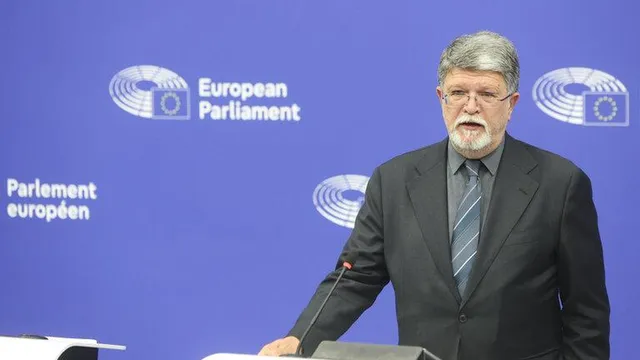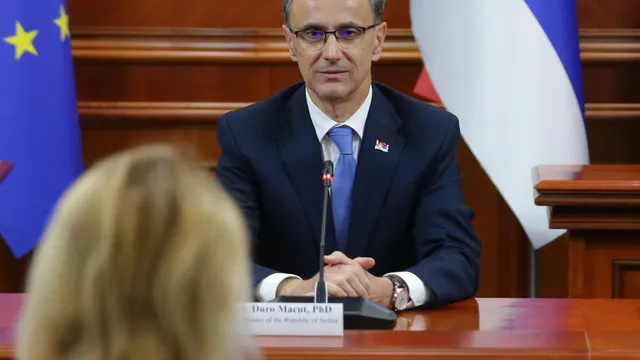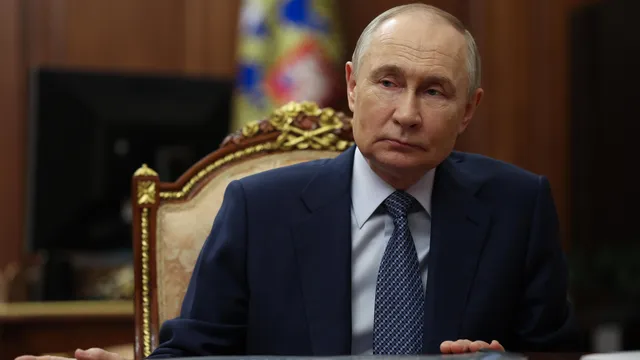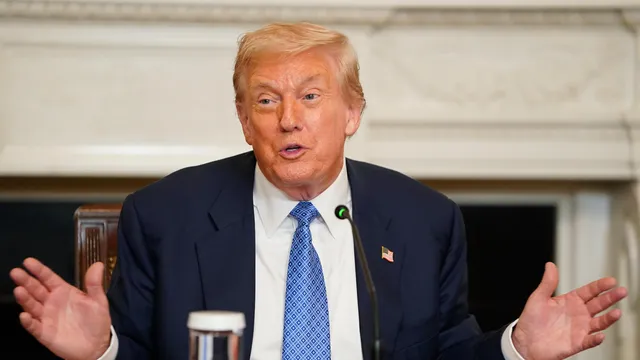The European Parliament rapporteur for Serbia, Tonino Picula, said that none of the key political factors in the EU no longer has any illusions about who Serbian President Aleksandar Vucic is and what type of government he leads. According to him, Serbia in its current state cannot become a member of the European Union.
"The question is how to define the attitude towards the alternative - towards those who could potentially come to power tomorrow, but at the moment this is an uncertain political drama. In my opinion, Vucic's government has legality, but the protesters are gaining legitimacy," said Picula, quoted by "Index".
He also commented on the tragedy of the collapse of the railway station canopy in Novi Sad, which killed 16 people, expressing concerns that "the 17th victim may fall in the escalating clashes on the streets of Serbian cities."
“This is an extremely serious warning to those who must decide whether to seek any compromise for the future of Serbia. The way out must be found through elections,” Picula stressed.
He stressed that Croatia must take a tougher political stance against “all the manipulations of the Vucic government,” which, he said, “periodically detains Croatian citizens and expels them from the country.”
Regarding a photo of himself from the war years, published around the anniversary of Operation Storm, Picula said he was surprised by the negative reaction, but stressed that he “did not intend to provoke.”
“It is simply that the 30th anniversary of an internationally recognized operation with which Croatia began its journey was a suitable occasion to address the people with whom I shared those times, as well as the citizens,” he explained.
According to him, the attitude towards the past is the key to what is happening in Serbia today:
“It is obvious that Serbia is currently a country that in many aspects cannot reach an agreement about its future, but there is a consensus when it comes to interpreting the past — and that is exactly what we saw after my publication.” | BGNES

 Breaking news
Breaking news
 Europe
Europe
 Bulgaria
Bulgaria







